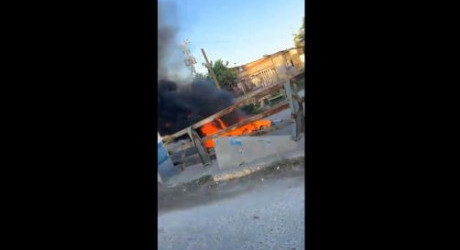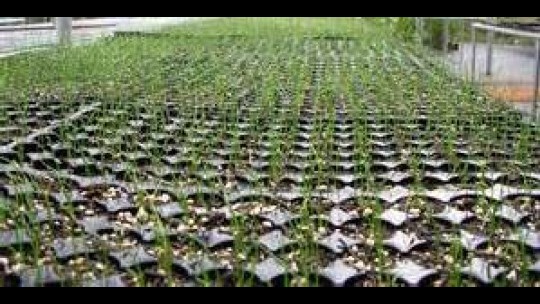Needed: An Agricultural Revolution
7:13 pm, Mon July 18, 2016
By Dashan Hendricks
Sometimes I am left to wonder if Jamaica is serious about growth. If the country is, then the agricultural sector needs a second look. It may be one of the few areas in which Jamaica has a distinct comparative advantage, but that advantage is being neglected.
Blessed with fertile land which Jamaicans joke will cause a finger to bloom if it is stuck in the soil too land, this country has enormous agricultural potential to exploit. But it is sad that the attitude to agriculture, especially among the leaders of the country, has been wrong. For the most part, in conversations I have had with some, this industry which should feed the nation and generate raw materials for industry, is seen as a bother, and they only pay attention to it because of the 180 thousand or so Jamaicans who work the land.
What the sector needs, however, is a revolution. Agriculture in Jamaica accounts for about 6% of Gross Domestic Product (GDP). In 2015, agricultural exports amounted to about US$110 million, roughly 12% of total output. Food imports in the same period amounted to over US$840 million. While the food import bill is down 16% from the almost US$1 billion it was in 2011, the country is still a far way off from being able to feed itself.
And it is getting harder to do so. Consider the following statistics. In 1996, Jamaica had 450 thousand hectares of land in farming. By 2007, that was down 23% to 325 thousand hectares. Of 180 thousand farmers, only seven thousand reported having any tertiary level education. Two out of every three farmers were over the age of 45 in 2007. Many of those who have resources and education to go into farming only do it part time, a means of getting an extra income rather than it being their main source of income. That is down to how the sector is treated.
But this sector has potential. I am left to wonder how much each time I peruse anything dealing with how Israel - a country in a semi arid to arid region - conquered the land and limited water resources to supply 95% of its food needs. Israel also debunks the notion of farming having to be plantation type farms reminiscent of rolling plains of sugar cane. In 1995, Israel had 43 thousand farm units with an average size 13.5 hectares - 76 percent of the farms were 1 to 9 hectares. What they use is science and technology to produce.
This is where Jamaica should seek to excel. Jamaican agriculture needs a combination of applied science, determination and government support to modernize and adapt farming practices to market and climatic conditions. Close and ongoing cooperation between researchers, extension workers, farmers and agriculture-related services and industries are needed.
Maybe the refusal to embrace agriculture is based on a fear that doing so will displace workers. This is an industry which employs close to 180 thousand people. Introducing more science and technology will reduce the number of people employed. No politician wants displaced workers, especially with a large majority of these people being over the age of 45. That displacement counts in votes. The structural change may be harder to swallow than the conditions set by the International Monetary Fund (IMF) in the early days of the soon-to-end four-year Extended Fund Facility (EFF). The upside though would be improved output and earnings, and an increase in Jamaica to feed its people and visitors; greater capacity also to provide raw materials for industry, because agriculture is not just about food.
To the extent that some of those displaced could be retrained and employed in a growing industry, or logistics to move the produce, the structural fallout would be minimised. No politician is willing to take the bull by the horns, however, and revolutionise an industry in which Jamaica can easily improve its comparative advantage. A revolution which takes into consideration greater use of science and technology in farming is exactly what Jamaica needs.
Dashan Hendricks is RJR's Group Business Editor

9:32 am, Sat April 20, 2024

8:34 pm, Sat April 20, 2024
.jpg)
11:29 am, Fri April 19, 2024








 All feeds
All feeds







